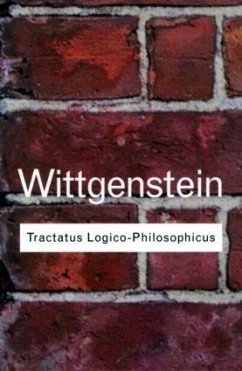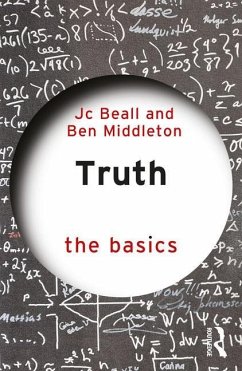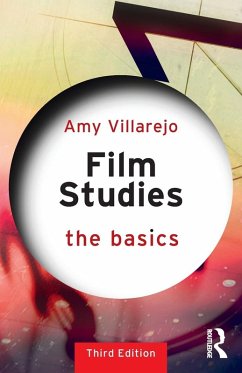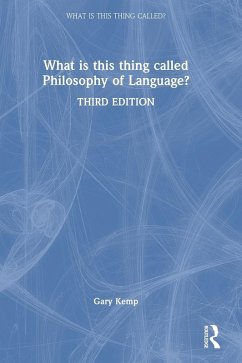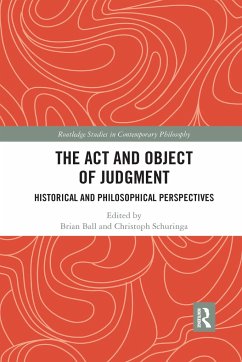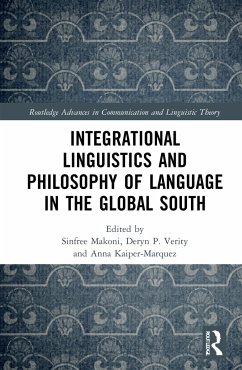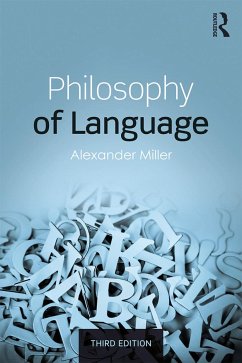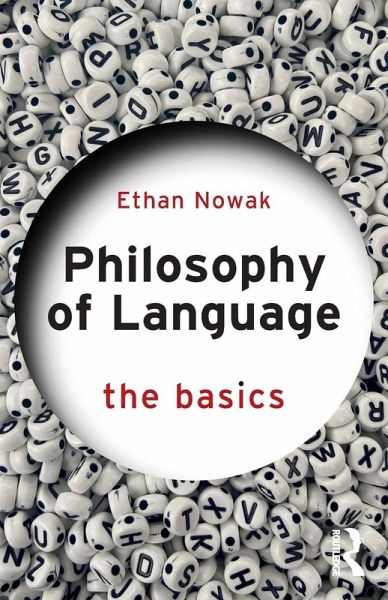
Philosophy of Language
The Basics

PAYBACK Punkte
10 °P sammeln!
This book provides beginners with a sense of the questions and methods that make up the philosophy of language. The first four chapters develop the idea that language is a system that allows us to exchange information with each other, and the second four chapters explore the idea that language is a tool we can use to perform actions, like promising, insulting, and socially positioning ourselves.The first part of the book traces an arc connecting questions like:What is language?Where does meaning come from?How do we use meanings to send messages to each other?The second part of the book takes u...
This book provides beginners with a sense of the questions and methods that make up the philosophy of language. The first four chapters develop the idea that language is a system that allows us to exchange information with each other, and the second four chapters explore the idea that language is a tool we can use to perform actions, like promising, insulting, and socially positioning ourselves.
The first part of the book traces an arc connecting questions like:
What is language?Where does meaning come from?How do we use meanings to send messages to each other?
The second part of the book takes up questions like:
Does pornography silence women?What is offensive about slurs?What do we lose when languages go extinct?
With a glossary of key terms, questions for reflection, and suggestions for further reading, Philosophy of Language: The Basics is the place to start for anyone who is curious about how high the seas of language rise.
The first part of the book traces an arc connecting questions like:
What is language?Where does meaning come from?How do we use meanings to send messages to each other?
The second part of the book takes up questions like:
Does pornography silence women?What is offensive about slurs?What do we lose when languages go extinct?
With a glossary of key terms, questions for reflection, and suggestions for further reading, Philosophy of Language: The Basics is the place to start for anyone who is curious about how high the seas of language rise.





